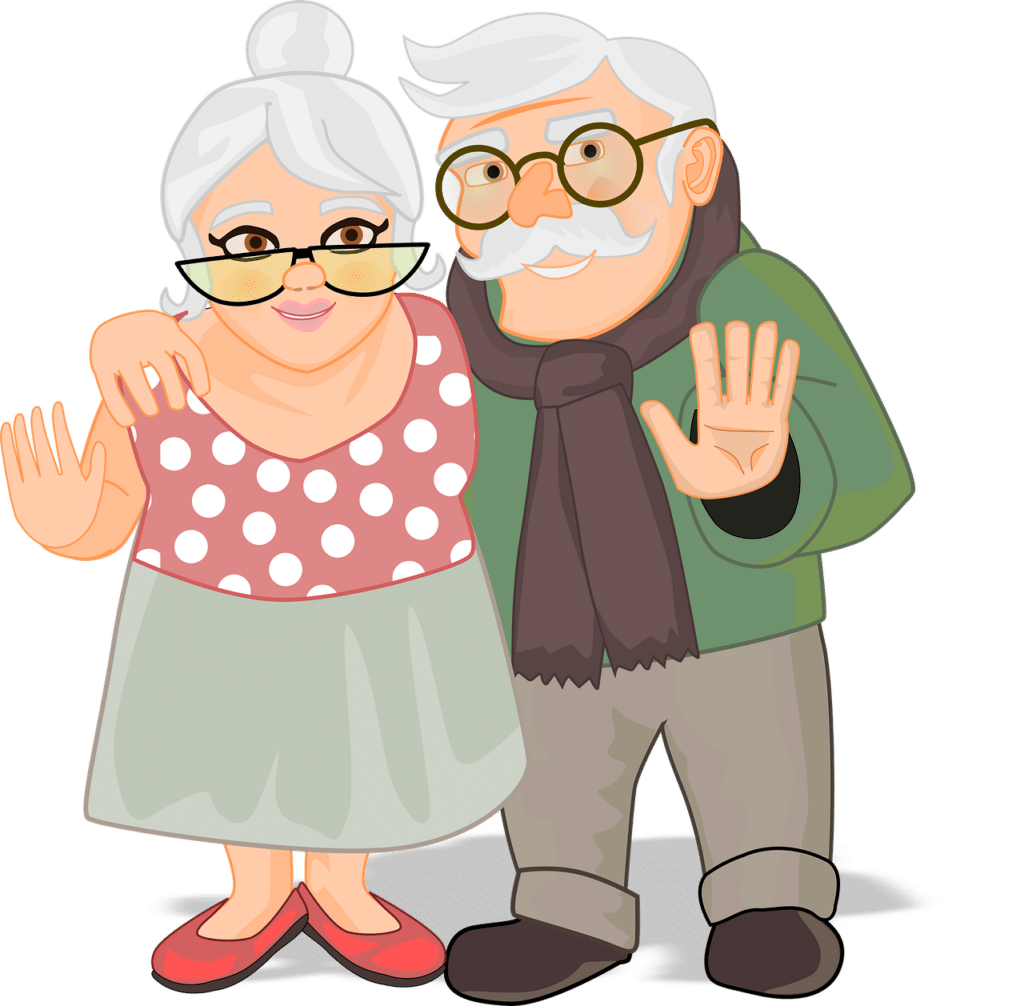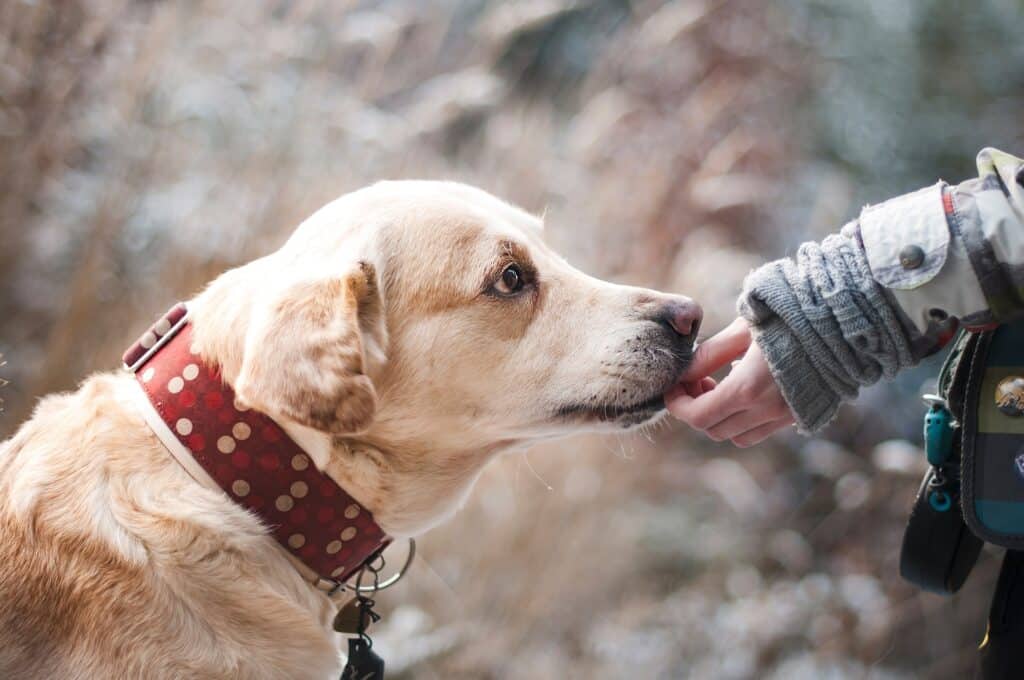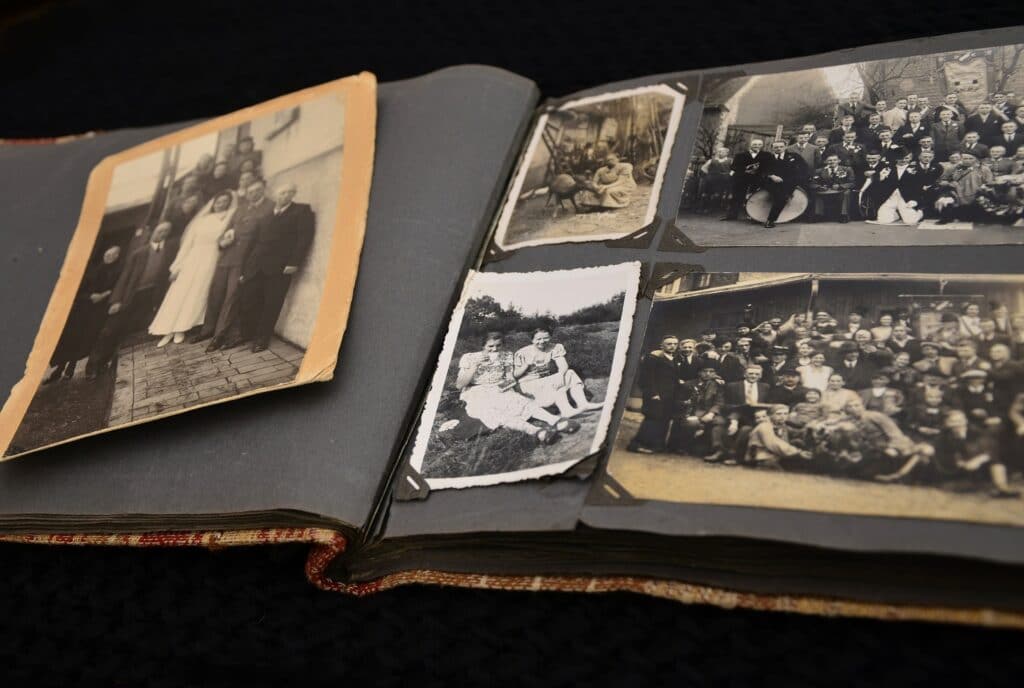 When it comes to estate planning, leaving a legacy may be important. Of course, the concept of a legacy raises several different questions: What is a legacy? How you do build a legacy, and how do you leave one for your grandchildren? Is a legacy what you leave to them after you are gone – assets and things? Or, is a legacy more? Is a legacy something that needs to be done in an estate plan, or is it only part of an estate plan? Is an estate plan the most important part of leaving a legacy, or are there other things you can do to leave a legacy? All of these are great questions, and this blog post will address them as well as a blog post can.
When it comes to estate planning, leaving a legacy may be important. Of course, the concept of a legacy raises several different questions: What is a legacy? How you do build a legacy, and how do you leave one for your grandchildren? Is a legacy what you leave to them after you are gone – assets and things? Or, is a legacy more? Is a legacy something that needs to be done in an estate plan, or is it only part of an estate plan? Is an estate plan the most important part of leaving a legacy, or are there other things you can do to leave a legacy? All of these are great questions, and this blog post will address them as well as a blog post can.
Growing up, we frequently went to visit grandparents in Minnesota for a vacation. I remember driving cross country to their house, really liking their street, and I have many fond memories of the house, yard, parks close by, and just liking visiting my grandparents. We would walk a few blocks to the park that we called the “Horsey Park” because it has swings in the shape of horses…I think it was actually called “St. Anthony Park” in St. Paul, Minnesota. My grandfather always had a jar of coins for us to count when we came, and we could split up the coins between my siblings. My grandmother wore a specific green sweater, so we called her “Green Grandma” for years. I have such great memories of those vacations. My grandmother is still alive, but she needs much more care and moves a lot slower now. My grandfather passed away a couple of years ago. I expect that my memories of those vacations will be the longest lasting thing I have from my grandparents…and it will likely be their legacy to me.
What is a Legacy?

A legacy is a complicated concept. A legacy is what you leave for future generations to use in remembering you. A legacy likely consists of much more than just the assets, or money, you leave behind. You can shape your legacy by what you do while you are alive, and what you leave at your death. You likely cannot control everything about what your grandchildren remember about you, but you can help shape those memories.
When my father’s grandmother passed away, she left my father a modest sum of money. The money came in at a time when my parents needed a new car, so the timing was quite perfect. My parents used the inheritance money to purchase a new car, something they were unsure of how to afford otherwise. This was the last thing my father’s grandmother did for him, and I know my parents appreciated the money. However, my parents also tell the story about how they once left their dog with the same grandmother. My father’s grandmother took care of the dog, and let my parents know that she cooked the dog a steak, and that the dog really loved the steak. My parents weren’t so thrilled that the dog was not a fan of normal dog food for the rest of the dog’s life. So, my father’s grandmother’s legacy was a mix of good and somewhat silly.
Your legacy to your grandchildren may include both gifts of property and money, but it may also consist of the memories you have provided to them, or what you have taught them. You have the chance to shape your legacy by what you do for your grandchildren while they are alive, but also what you do for them in death.
What Can You Do While You Are Alive to Establish Your Legacy?
 The easy answer is you can do exactly what you are doing with your grandchildren right now. If you take time to play with your grandchildren, they will remember that. If you take time to take your grandchildren to the park, like the “Horsey Park” they will remember. You can also teach them life lessons. One time I was at my grandparents house, we were playing a game where we threw a tennis ball against the side of the house. I threw the ball and hit a window, breaking it. My grandfather did not get upset, but he took me with him to the glass shop, showed me how to purchase a new window, and had me help install the new window with him. I learned how to repair a window, and also learned how to react when a small child does something that could upset a grandparent. I may not react as well as my grandfather did in that situation when my own kids break things, but part of my grandfather’s legacy was teaching me in that moment.
The easy answer is you can do exactly what you are doing with your grandchildren right now. If you take time to play with your grandchildren, they will remember that. If you take time to take your grandchildren to the park, like the “Horsey Park” they will remember. You can also teach them life lessons. One time I was at my grandparents house, we were playing a game where we threw a tennis ball against the side of the house. I threw the ball and hit a window, breaking it. My grandfather did not get upset, but he took me with him to the glass shop, showed me how to purchase a new window, and had me help install the new window with him. I learned how to repair a window, and also learned how to react when a small child does something that could upset a grandparent. I may not react as well as my grandfather did in that situation when my own kids break things, but part of my grandfather’s legacy was teaching me in that moment.
I know many grandparents who put together photo albums, or who take home videos of their grandchildren. When the grandparents pass on, these pictures and movies can be passed on to the grandchildren, who will then have the memories to keep. I have one client who has pictures from his grandparents, but the pictures are not labeled as to who is in the picture. The pictures make for a fun guessing game of who it might be, but labeled pictures may help more!
I also have clients who have purchased rental properties, and want to pass those on to their children or grandchildren. That type of legacy would be included in your estate plan, but so could the photo albums or videos. While you are alive, you can build the memories and the items that you want to pass on as part of your legacy. Some of what you do will pass on no matter what, but other parts need to go into an estate plan.
How Does an Estate Plan Impact Your Legacy?
 The obvious answer is that if you leave assets to your children or grandchildren, then what you leave them will be part of your legacy. Like my parents who received a modest sum of money from my father’s grandmother, you can leave your grandchildren money or other assets. You can leave them assets outright, or you can leave them money in trust. Inside of a trust, you can dictate how the money should be used. A popular use for such trusts can be to fund education for grandchildren. There are many ways to help your grandchildren with educational expenses. You don’t need to use a trust to leave assets to your grandchildren, but you can use your assets to shape part of your legacy.
The obvious answer is that if you leave assets to your children or grandchildren, then what you leave them will be part of your legacy. Like my parents who received a modest sum of money from my father’s grandmother, you can leave your grandchildren money or other assets. You can leave them assets outright, or you can leave them money in trust. Inside of a trust, you can dictate how the money should be used. A popular use for such trusts can be to fund education for grandchildren. There are many ways to help your grandchildren with educational expenses. You don’t need to use a trust to leave assets to your grandchildren, but you can use your assets to shape part of your legacy.
Your legacy can also look different to each different grandchild, or child. I had a client who passed away, leaving about $20,000 to each of her children. One child used the money to pay for her lawyer bill, as she was going through a divorce. Another child used the money to save a house that was in danger of going into foreclosure. The final child took a vacation to Jamaica, as that child had been a caregiver to the mother for many years and needed a break. This was the final gift the mother could give to her children, and it benefited each of them immensely, in different ways. Just like this mother’s legacy looked different to each of her children, your legacy may look different to each of your children or grandchildren.
Of course, the overarching legacy this mother left was to take care of her children, even at the end. Most parents want to care for their children, and most grandparents are the same way. You can use your estate plan to care for your grandchildren with gifts of assets, money, or more sentimental items, but your legacy is more than just your estate plan.

Use Your Estate Plan to Enhance Your Legacy and Help Your Grandchildren
You are already building memories with your grandchildren, and likely also teaching them life lessons. You can use your estate plan to enhance and promote those memories, helping shape your legacy. You can give them items to keep the memories fresh, or you can give them the pictures or videos to keep the memories alive. You can also give the grandchildren money or assets in an estate plan, so that they can remember you fondly. An estate plan will not be all of what goes into your legacy, but an estate plan can help you shape your legacy and take care of your grandchildren after you are gone. By talking to an experienced estate planning attorney, you can make your estate plan shape or enhance your legacy. To make an appointment to meet with an attorney, go here.

 720-730-7274
720-730-7274









